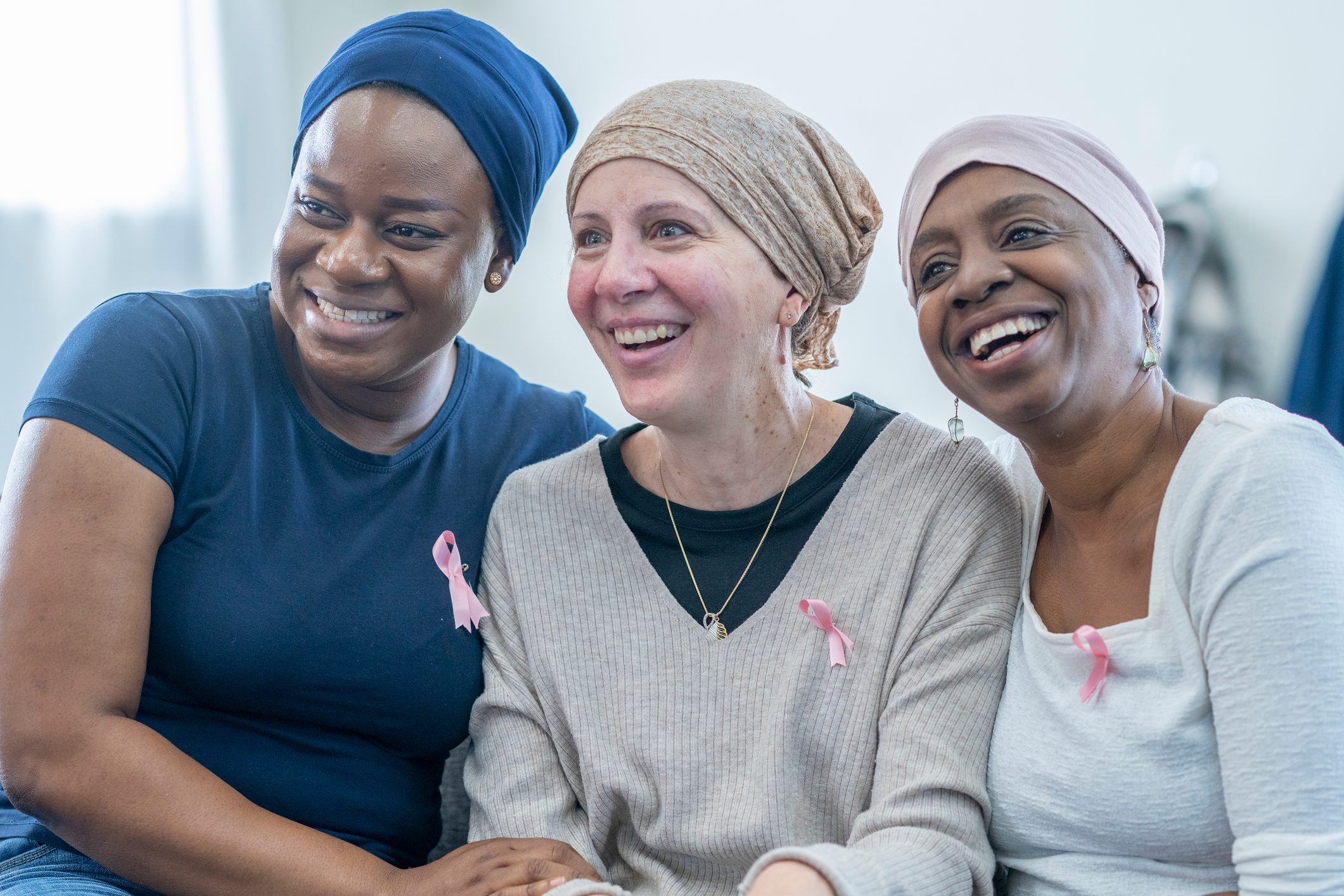New research indicates that going through this illness—and its treatment—might come with an unexpected benefit.

Survivors of This Disease May Be at Lower Risk of Alzheimer’s, Suggests New Study

A breast cancer diagnosis can instantly lead to a lot of questions about how treatment will affect you long-term. Will the medication cause hair loss? Will it be toxic to some organs?
Naturally, the brain for all its powerful functions is on the radar of researchers, especially as a growing older population contributes to higher dementia rates. Now a recent study published June 2025 in JAMA Network Open, a journal of the American Medical Association, indicates that there could be a connection between breast cancer and long-term cognition…but in a way that’s hopeful.
A team of 10 MD- and PhD-level doctors in Korea set out to learn about breast cancer survivors’ risk of developing Alzheimer’s disease, curious whether cancer treatment had any influence on a dementia diagnosis down the road.
Using data from the Korean National Health Insurance Service, which provides healthcare coverage to citizens of South Korea, the doctors teamed up to review information taken from patients who, between 2010 and 2016, had experienced “breast cancer diagnosis, surgery, and subsequent treatments, including anthracycline chemotherapy and radiation therapy.”
Of the greater than 70,701 patients that comprised the sample, 1,229 were diagnosed with Alzheimer’s. Compared against a control group consisting of cancer-free participants, the breast cancer survivors appeared to have an 8% lower risk of Alzheimer’s, particularly those who were at least 65 years old. Further, radiation therapy “was associated with significantly lower risk.” Seventy-two percent of the breast cancer patients had undergone radiation.
Considering all these insights, the researchers concluded: “The findings suggest certain cancer treatments potentially have benefits for lower [Alzheimer’s disease] risk.”
However, the study’s authors noted that “the lower risk of [Alzheimer’s] did not persist in older breast cancer survivors.” That’s because their breast cancer survival time increased, which may suggest their Alzheimer’s risk also increased simply due to age.
Groups who showed higher Alzheimer’s risk included current smokers, chronic kidney disease patients, and diabetics.
The researchers had been inspired to investigate the link, in part, by previous research from locations like Denmark and Italy which had found lower Alzheimer’s risk among breast cancer patients. However, other studies in different parts of the world had found the opposite.
The researchers also spoke to a phenomenon that some experts refer to as “chemobrain,”—they say: “A substantial number of breast cancer survivors report cancer-related cognitive impairment, experiencing difficulties in concentration and memory during and after cancer treatment.”
So, as if managing cancer treatment along with other life responsibilities isn’t mind-boggling enough, brain fog can happen too. Cancer patients may find this as one more comforting reason to give themselves permission to rest.
For daily wellness updates, subscribe to The Healthy by Reader’s Digest newsletter and follow The Healthy on Facebook and Instagram. Keep reading:




















